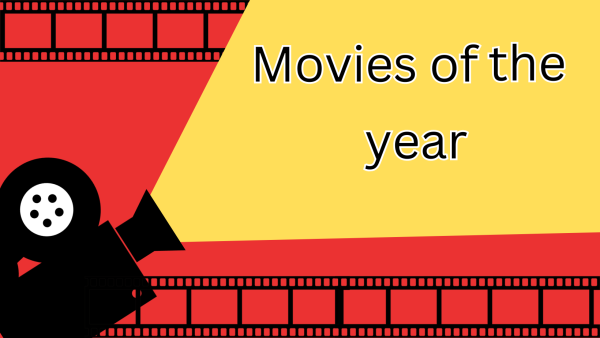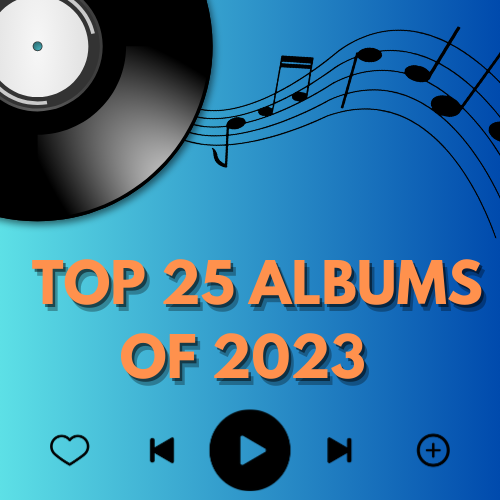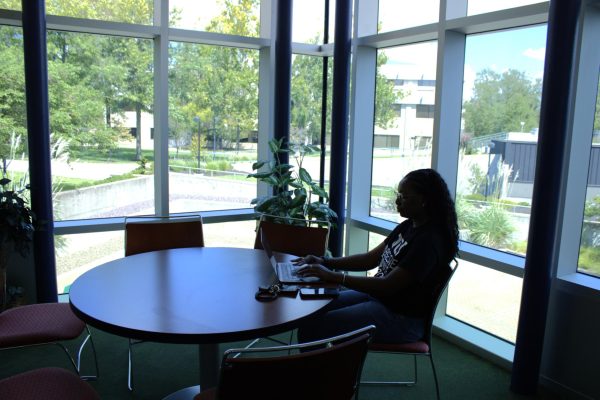Taking away the mental illness stigma
We are quick to ask others if they are okay, but never ourselves.
We are quick to comfort those who are crying on our shoulders, but we choose to cry in secret.
We want to help others, but not ourselves.
I firmly believe that looking at our own mental health state is one of the hardest things for us to do.
We don’t want to admit that maybe we don’t function at a normal rate as someone else, or pretend that our invisible illness isn’t consuming our lives.
It’s easier to succumb to being a slave of our own minds then get help, medication or assistance, right? Wrong.
When I was seven years old, I had my first anxiety attack due to a tornado warning. When I was 13, I developed OCD. At 16 I was diagnosed with anxiety and OCD. When I was 19 I was diagnosed with ADHD, which turned out to have been causing the anxiety and OCD the whole time.
Multiple instances over that time span, I was offered therapy and I refused.
I thought it would be embarrassing and I didn’t want to be “that” kid that had to take medication just to focus.
Due to certain circumstances with a friend, I found myself in the counseling center in my first semester at USI. I was angry with myself because I felt weak, regardless of all the support from my family and close friends.
This fall starts my fifth year of therapy and I couldn’t be more grateful that I got my head out of my ass and realized how important mental health is.
I started medication for my ADHD and my quality of life changed. I started attending group therapy and I began to learn how to talk about my emotions. I began to realize that feeling guilty for mental illness that I couldn’t control was bullshit.
I began to utilize my differences to my advantage. I figured out how my brain worked and started using it to my advantage instead of against me.
If you read a lot of articles about how to “handle” mental health, they always tell you how to deal with it, how to cope with anxiety or depression or how to live with it.
They are never encouraging or uplifting, and that’s where we go wrong. We should be learning how we can take the things we live with and turn them into a positive thing, which in my case is art.
My mental health issues allow me to have an extreme imagination, which allows me to create some pretty cool things. And I have grown to accept that about myself and be proud of it.
October is Mental Health Awareness Month, and I can’t stress how important it is that we bring attention to all mental disorders and take away the stigma that surrounds them.
There is nothing to be ashamed or embarrassed about.
Find out what your superpowers are, and on the bad days remind yourself of these things. But most importantly, take control of your brain, tell it no and go kick some ass.
Your mental health doesn’t have to define you.
You define you.










